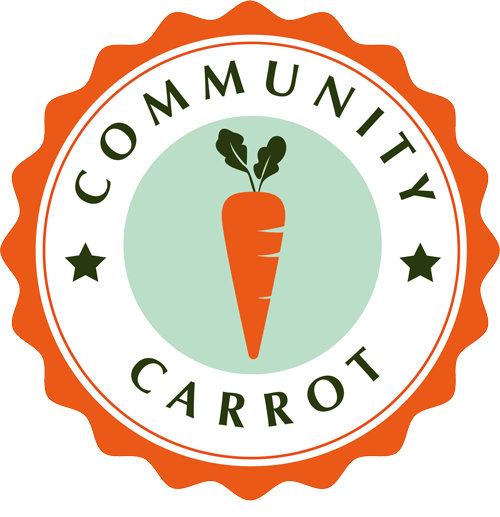Seasonal Spotlight: February - Squash Tips and Nutrition
Tips and Facts
No need to peel butternut squash, just wash well and roast in chunks or in half with the skin on.
The seeds of many squash, including butternut, are great roasted. Scoop out, wash clean, then dry. Toss with oil and herbs/spices/salt then roast at 180C / gas 4 for about 10 minutes until they start to pop and are golden and crisp.
Our beautiful winter squash come from Phantassie Organics, just down the road in East Linton.
Squashes, pumpkins and gourds belong to the same family as cucumbers, melons, marrows and courgettes.
Whole, undamaged, firm squashes will keep for several months in a cool, dry place or for 2-3 weeks at room temperature.
Squash Nutrition
Vitamins: squash is high in vitamins A, C, E and some B-vitamins.
Minerals: squash contains magnesium,potassium, manganese, calcium and iron
Get that anti-inflammatory beta-carotene down you!
200g of butternut squash = 25% of your daily recommended fibre intake
Roasted squash seeds are a source of protein


